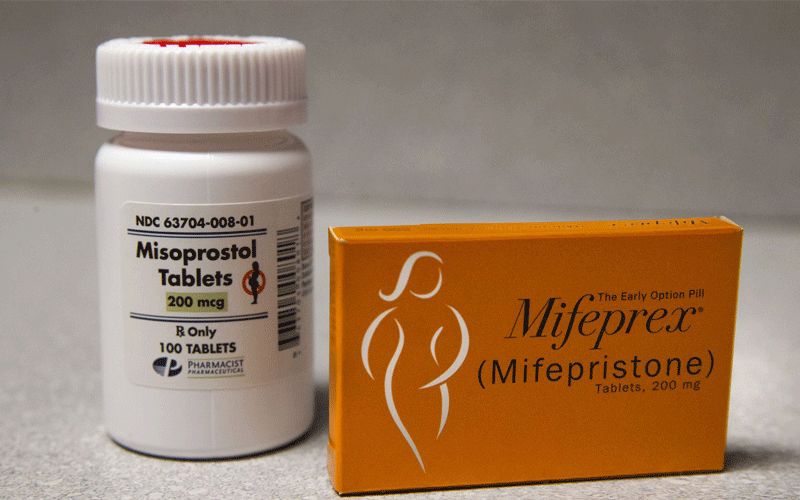Ouagadougou, 19 December, 2019 / 3:31 am (ACI Africa).
This is part one of a four-part news report, detailing what ACI Africa has gathered regarding activities by a U.S.-based research company testing drug-induced, second-trimester abortion, something that women in the U.S. do not want. Reactions of Church leaders in Africa who also offer a way forward are presented. Testimonies around the promotion of abortion in Africa by foreign pro-choice agencies will be provided in part two. This part reports on what ACI Africa knows about the tests.
After research initiatives on the effectiveness of abortion-inducing tablets for women who are at least 12 weeks pregnant failed to take off in the U.S., a research organization based in the same country decided, a couple of years ago, to cross several borders to the West African country of Burkina Faso to conduct the study, testing chemical abortion on women with limited resources, ACI Africa has established.
“It is true that this test is being carried out here in Burkina Faso,” a health professional privy to the clinical procedures on Africa women undertaken by the U.S.-based research company, Gynuity Health Projects, told ACI Africa on condition of anonymity.
“There was a lot of confusion when the test started because I think the Church sees in this study a way to legalize abortion,” the professional with at least 15 years of familiarity with Gynuity told ACI Africa in an interview and denied claims the study was an attempt to promote abortion in an African setting.
“We used the misoprostal in the first trimester and we know that the combination of misoprostal and mifepristone can be used for second trimester interruptions,” the practitioner disclosed the tablets used in the abortion procedure.








